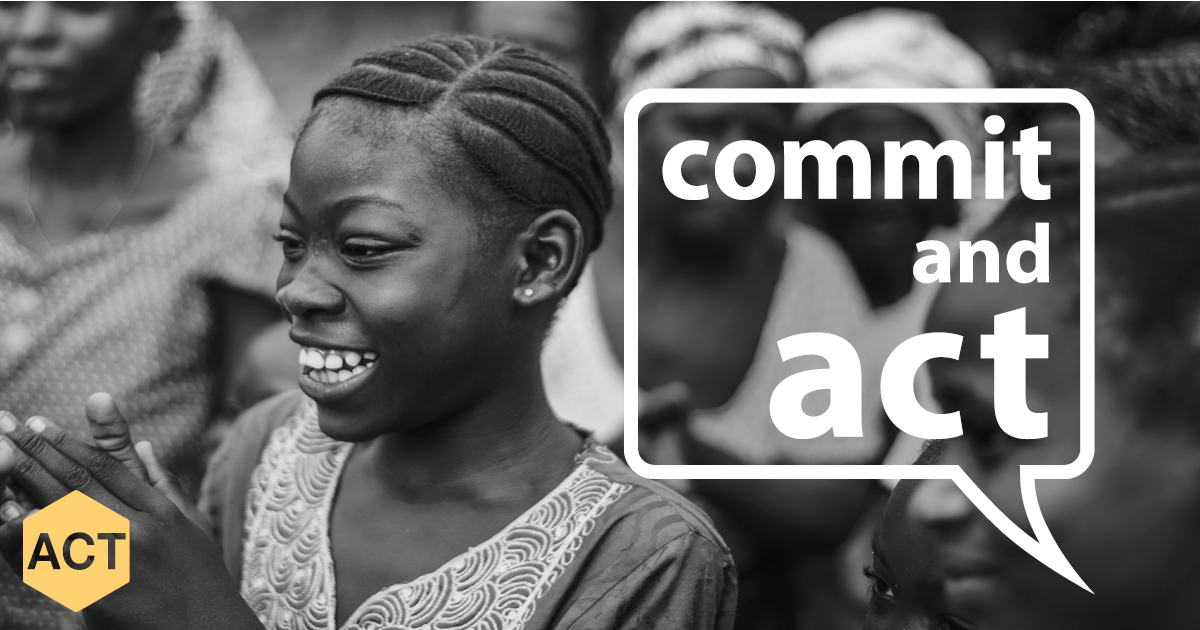Commit and Act: Prosocial in Practice
About This Course
The Prosocial process includes four main modules that can be combined in any order: the personal ACT matrix, the collective ACT matrix, the Prosocial Core Design Principles and goal-setting for converting intentions into changes in long-term behaviors. Non-violent communication (NVC) includes techniques for ensuring that everyone’s needs are heard and met where possible. This workshop combines ideas and techniques from both these approaches.
In this workshop, we will use the 8 Prosocial Core Design Principles to explore in detail what it means for everyone to really matter in a team. We will be exploring such topics as what shared purpose and identity really means in a team, how we might help people move from being focused upon themselves to having more care for the team, and practical processes for engaging people in helping the team.
The workshop assumes that people will have had some exposure to ideas from ACT including the ACT matrix. We will outline Prosocial as a process and a body of evidence for effectiveness in groups as well as some of the basic ideas and methods underpinning non-violent communication. The rest of the workshop will then focus on experientially exploring the 8 Prosocial Core Design Principles with such questions as:
- Why does this principle matter to the groups I care about?
- What are some ways we could implement this principle?
- What tends to get in the way of implementing this principle effectively?
- What could we do to effectively manage those barriers?
PraxisCET is proud to help support his work. Proceeds from this presentation will go directly to Commit and Act, providing vital funding for the health and education services they provide in Sierra Leone and elsewhere.
Schedule
September 16, 2020, 6 PM—8 PM EDT
Learning Objectives
Participants will be able to:
- Discuss the nature of the 8 core design principles of the Prosocial process.
- Describe how the nonviolence approach relates to the Prosocial process.
- Discuss how to use a practical framework for initiating a conversation with a group that matters to them regarding the Core Design Principles.
Continuing Education
Please review complete CE and conflict-of-interest disclosure information prior to registering. This course is jointly sponsored by Praxis CET and Institute for Better Health (IBH) and is approved for 2 CE Hours by the following:
- NBCC – National Counselors
- NAADAC – Drug & Alcohol Counselors
- NY State – Counselors and Social Workers
- Other State Level Counselors, MFTs, and Social Workers
- WESPSB – Educators
- APA - Psychologist: Institute for Better Health, Inc is approved by the American Psychological Association (APA) to offer continuing education for psychologists. Institute for Better Health, Inc maintains responsibility for the program and its content.
Prerequisites
Audience
Recommended Reading
References
Atkins, P. W. B., et al. (2019). Prosocial: Using Evolutionary Science to Build Productive, Equitable, and Collaborative Groups, New Harbinger Publications.
Hayes, S. C., et al. (in press). Prosocial: Using an evolutionary approach to modify cooperation in small groups. New York, Springer.
Wilson, D. S., et al. (2013). “Generalizing the core design principles for the efficacy of groups.” Journal of Economic Behavior & Organization 90, Supplement(0): S21-S32.
Refund and Cancellation Policy
We understand, sometimes things come up!
Praxis will offer a full refund to registrants of both live and live-online trainings who cancel their registration up to 14 days before the course or workshop start date, minus an administrative processing fee of $30 for a 2-day workshop or online course, and a $50 fee for a 4-day workshop. If cancelled within 14 days, no refund will be issued, however, a credit for the same amount will be applied toward another learning product, which expires within 1 year. Please contact us at events@praxiscet.com to cancel a registration.
